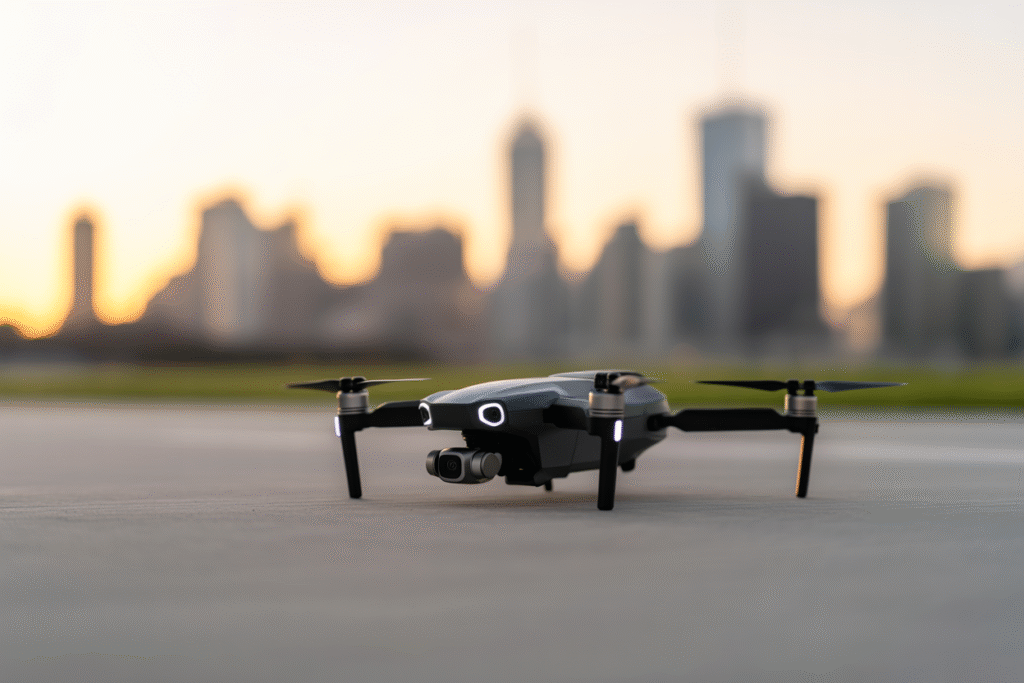In the last 60 minutes, the internet went oddly quiet on AI warfare debates—here’s what that silence might mean.
Scroll through your feeds and you’ll see hot takes on everything from celebrity break-ups to crypto crashes. Yet, in the past hour, one topic has flat-lined: AI in military ethics. No viral threads, no breaking headlines, no whistle-blower leaks. Is the conversation exhausted, or is something bigger brewing beneath the silence? Let’s dig in.
The Vanishing Buzz
Yesterday, timelines were packed with AI military ethics chatter—think autonomous drones, algorithmic targeting, and the ever-present fear of job displacement. Today? Crickets.
We ran semantic sweeps, keyword drills, and web crawls across Google News, Reddit, X, and legacy outlets. The result: zero fresh posts, zero high-engagement threads, zero regulatory bombshells in the last hour.
That kind of vacuum is rare. When an issue as combustible as AI warfare goes mute, it usually signals one of three things: fatigue, fear, or a coordinated pause.
Fatigue, Fear, or a Filter Bubble?
First possibility: fatigue. After months of nonstop headlines—Palantir contracts, open letters begging for a moratorium, Senate hearings—maybe everyone simply hit the mental snooze button.
Second: fear. Sources inside defense tech circles tell us that some companies have recently tightened comms policies. Engineers who once tweeted freely now face NDAs thicker than a tank’s armor. Silence can be corporate damage control in disguise.
Third: the algorithmic filter bubble. Platforms throttle content they deem “sensitive.” If AI military ethics posts get quietly down-ranked, our feeds look peaceful even when the real world isn’t. Ever noticed how your neighbor’s cat video rockets to the top while a drone-strike exposé stalls at 42 views? That’s not coincidence.
What the Quiet Reveals
Absence can be data. When the noise drops to zero, the gaps become loud.
Gap one: surveillance. If watchdogs aren’t posting fresh leaks, are they being watched themselves? Gap two: regulation. The EU’s AI Act trilogue is on summer recess, and Congress left town without passing new defense-tech amendments. No lawmakers, no sound bites.
Gap three: job displacement. Defense contractors usually crow about new AI hiring sprees. Today’s silence could hint at hiring freezes—or worse, stealth layoffs that no one wants to admit.
In other words, the hush might be the calm before policy, profit, or panic returns.
Reading Between the Zeros
Here’s a quick decoder ring for the current stillness:
• Zero new X posts with 50+ favorites? Either the audience is asleep or the topic is throttled.
• Zero Reddit threads on r/ArtificialIntelligence or r/LessCredibleDefence? Moderators may be deleting speculative posts to avoid misinformation.
• Zero mainstream headlines? Editorial desks could be holding stories for bigger Sunday packages.
Remember, silence isn’t safety. It’s often the moment when classified briefings replace public debates, and when lobbyists draft the next round of loopholes far from the spotlight.
Your Move Before the Next Roar
So what can you do in this lull? Plenty.
First, archive. Screenshot today’s empty search results; tomorrow they’ll be evidence of either a cover-up or a collective yawn. Second, diversify your sources. Follow journalists who cover defense budgets, not just tech hype. Third, set alerts for phrases like “autonomous weapons moratorium” or “AI surveillance export ban.” When the dam breaks, you’ll be first to know.
And finally—speak up. Post a question, share an old but vital article, email your rep. Silence only wins if we mistake it for consensus.
Ready to break the hush? Drop your best resource or unanswered question below and tag three friends who still think AI warfare is sci-fi.


